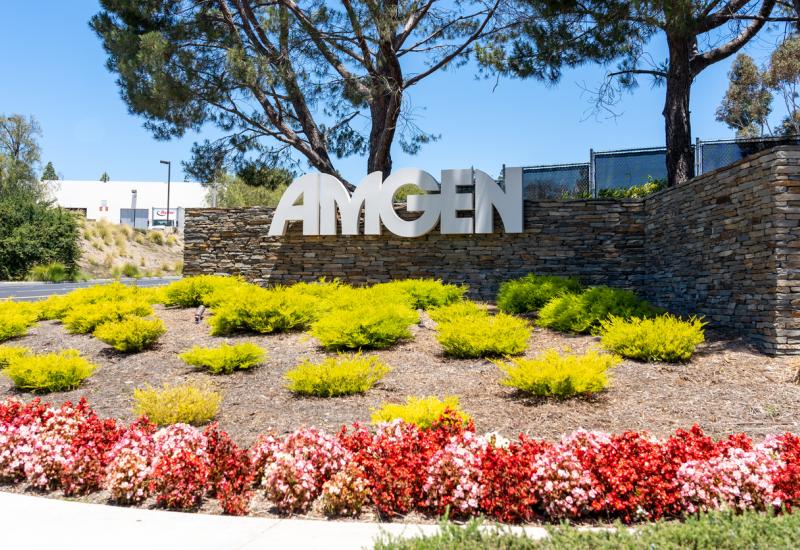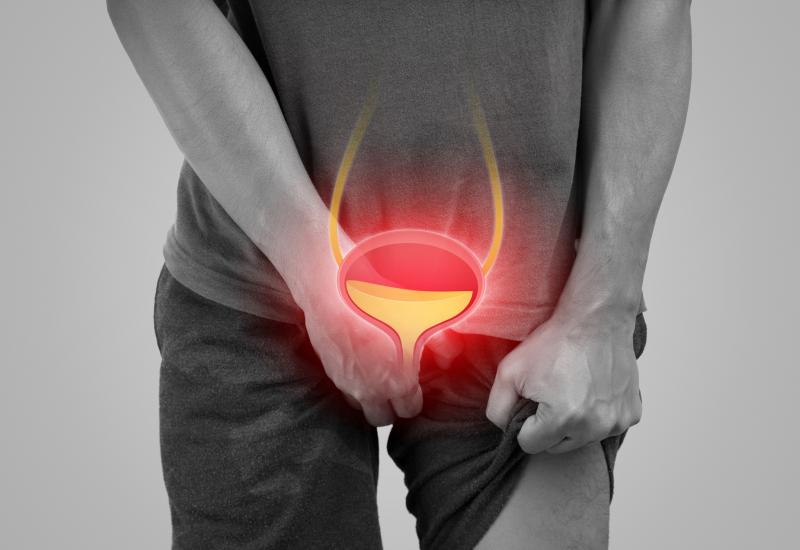
Nuvalent presses ahead in ALK
But neladalkib results worsen, and come with a red flag about liver enzyme elevations.
But neladalkib results worsen, and come with a red flag about liver enzyme elevations.

Having being outmanoeuvred in the ROS1 space by Nuvation, the small-molecule specialist Nuvalent is working hard to convince in ALK-positive lung cancer. Monday’s revelation of results from the pivotal stage of the Alkove-1 study of Nuvalent's ALK inhibitor neladalkib is accompanied by confirmation that the data will be taken to regulators.
But enthusiasm might be curbed by the fact that the new results are worse than Alkove-1’s phase 1 stage suggested, and have been accompanied by news that the company has had to enhance monitoring for liver enzyme elevations to mitigate against this side effect. Neladalkib might still be approvable, but Nuvalent’s market cap is nearly $7bn, a valuation that surely prices in stellar data.
Investors appeared unconcerned, however, and Nuvalent opened up 6% on Monday. Alkove-1 tests neladalkib across ALK-positive solid tumours, but its key focus is on non-small cell lung cancer, mostly after failure on earlier-generation ALK inhibitors like Xalkori, Alecensa and Lorbrena.
Neladalkib first caused a splash at the Triple (AACR-NCI-EORTC) meeting in 2023, where the phase 1 part of Alkove-1 suggested activity in patients resistant to a third-generation ALK inhibitor. That phase 1 stage eventually amounted to 103 patients, and showed a 38% response rate, as reported at ESMO in 2024.
Now the results of the study’s pivotal part have shown a less impressive confirmed ORR, of 31%, among 253 patients progressed on prior ALK inhibition. Nuvalent argues that no approved therapies have demonstrated activity after Pfizer’s third-generation drug Lorbrena, and if post-Lorbrena patients are excluded the ORR improves to 46%.
Indeed, even the 26% response rate the company claims for neladalkib in post-Lorbrena patients is worthy of note. However, it’s undeniable that a year ago Nuvalent was able to boast meaningfully better numbers from Alkove-1’s phase 1 stage, and these included a 35% ORR in 85 post-Lorbrena subjects.
Neladalkib’s Alkove-1 study: phase 1 vs pivotal stage
| ALKi naive | Post (any) ALKi | Post (non-Lorbrena) ALKi | Post Lorbrena | |
|---|---|---|---|---|
| Phase 1 part (ESMO 2024) | ||||
| Patients | NA | 103 | 17 | 85 |
| Confirmed ORR | NA | 38% | 53% | 35% |
| Pivotal part (Nov 2025 press release) | ||||
| Patients | 44 | 253 | 63 | 190 |
| Confirmed ORR | 86% | 31% | 46% | 26% |
Source: OncologyPipeline & ESMO.
Nuvalent’s plan is to have neladalkib approved first in post-ALK inhibitor NSCLC based on the latest data, which it says are now to be discussed with the FDA at a pre-NDA meeting. It has also started the phase 3 Alkazar trial, to support a line-agnostic label expansion, pitting neladalkib against Roche’s Alecensa in first-line ALK-positive NSCLC.
However, Nuvalent says it has had to implement enhanced monitoring for transaminase elevations in Alkazar, to enable prompt dose intervention in the event of serious side effects.
This was likely prompted by revelation that Alkove-1 saw 20% and 16% rates of grade 3 or higher increases in the liver enzymes ALT and AST respectively. The move is reminiscent of Inhibrx introducing a special screening protocol in trials of its DR5 inhibitor ozekibart – something that does appear to have allayed the risk of liver enzyme elevation.
Still, Nuvalent’s fresh disclosures of this side effect are a timely reminder that neladalkib’s safety will remain closely scrutinised by regulators. As for efficacy, assuming that the FDA accepts a filing based on Alkove-1 one question is the precise setting for neladalkib’s first approval, and specifically whether the molecule will be indicated in Lorbrena failures.
Neladalkib is Nuvalent’s second-most advanced small molecule, after the ROS1 inhibitor zidesamtinib, whose rolling filing for ROS1 inhibitor-relapsed NSCLC was recently completed. However, here Nuvalent was outmanoeuvred by Nuvation, which has already secured a line-agnostic US label for its similarly acting molecule, Ibtrozi.
1388













